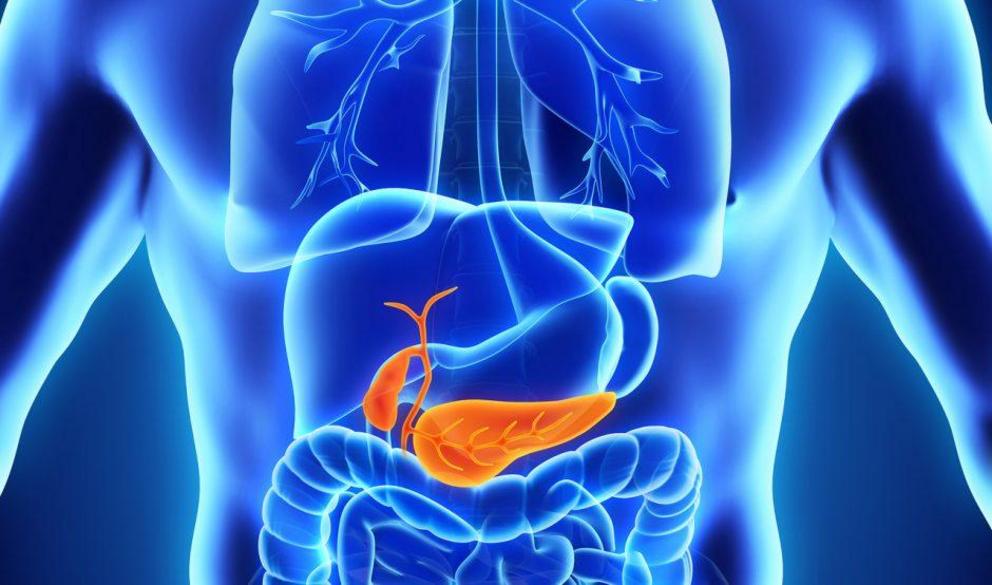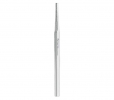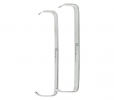
The National Cancer Institute (NCI) report that approximately 1.6 percent of adults in the United States will receive a pancreatic cancerdiagnosis during their lifetime.
They also estimate that there were 55,440 new cases of pancreatic cancer in the country in 2018 alone.
The NCI note that the 5-year survival rate for people who have undergone treatment for pancreatic cancer is 8.5 percent only.

This means that it is of utmost importance for researchers to find more effective treatments and better ways of identifying the presence of this form of cancer in its early stages.
Diagnosing pancreatic cancer early could help fast-track a person's access to adequate treatment and boost the likelihood of a positive outcome.
However, because this type of cancer has few symptoms in the beginning, it can go undiagnosed for a long time.
In a recent study, a team of researchers from Zhejiang University in Hangzhou, China has investigated how the human tongue microbiota could act as a diagnostic tool for pancreatic cancer.
The researchers' findings — which they report in the Journal of Oral Microbiology — point to telling differences in the bacterial populations on the tongues of healthy people versus those of people with early-stage pancreatic cancer.







